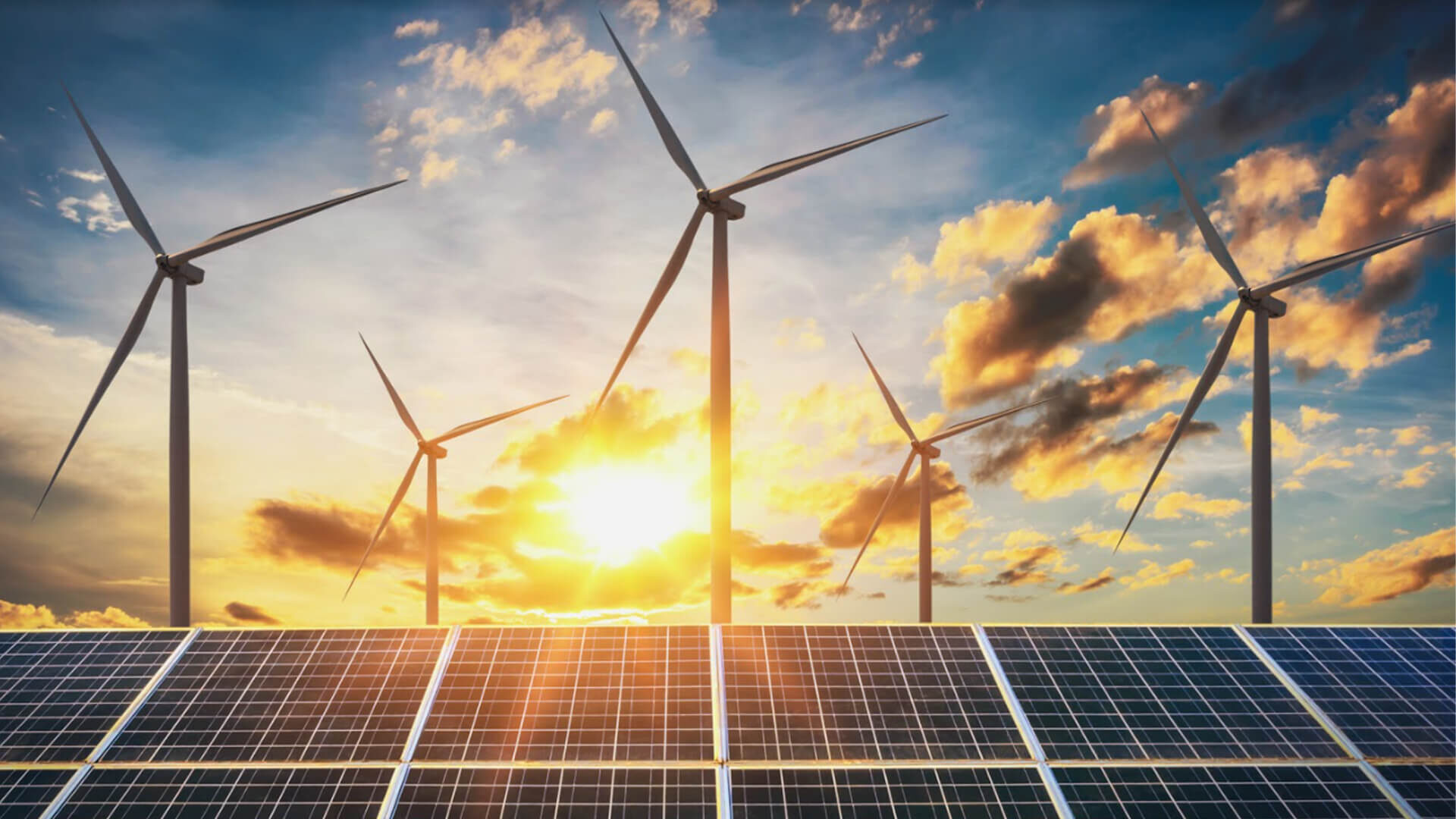As solar energy is emerging the new source for meeting the energy requirements of the world, India’s increasing efforts to expand the share of renewable energy has led to a substantial increase in the solar power generation in the past few years.
The country has set an ambitious target of installing 175 GW of renewable energy capacity by the year 2022, which includes 100 GW from solar, 60 GW from wind, 10 GW from bio-power and 5 GW from small hydro-power. The Government of Jammu & Kashmir has taken into note the country’s ambition to reach 175 GW by 2022 and has accelerate the progress of installing renewable power generation plants.
As per the reports of the Ministry of Renewable energy, a total of 5063.10 MW of renewable energy capacity has been added during the year 2019-20, taking the cumulative installed RE capacity to 83.38 GW as of October 2019. This includes 37.09 GW of Wind, 31.70 GW of solar, 9.94 GW of Bio-power and 4.65 GW of Small Hydro Power. Further, projects of 30.06 GW capacity are at various stages of implementation and 39.67 GW capacity are under various stages of bidding. Clean energy projects now account for more than a fifth of India’s installed power generation capacity.
The extended benefits of the Renewable energy sources are that they can be used to produce electricity with fewer environmental impacts. Generation of power from conventional sources is also the source of greenhouse emission attributing to global warming and has adverse impact on the climate. Therefore, a global shift towards sustainable renewable energy generation is being witnessed.
Jammu & Kashmir has an enormous potential for solar energy. Setting up renewable energy capacity would help to bridge a part of its power requirement. Thus, it further necessitates the use of renewable sources of energy to bridge the deficit gap.
As the challenges of climate change and global warming continuously threaten the world community, the Jammu & Kashmir government has also recognized the urgent need to tackle these challenges. To create a conducive environment and develop an excellent business ecosystem for harnessing maximum potential of solar energy through Government, Private Enterprises, Public-Private Partnerships and individual efforts, government envisions a future with reduced dependence on fossil fuel by promoting renewable energy sources.
The J&K Government recognizes that renewable energy can also significantly increase J&K’s and the Nation’s energy security. J&K also aim to evolve new technologies in renewable energy generation and its application through participation of farmers, industries and public at large to boost local economy. Provision of tie up with local enterprises as Joint Venture/ SPV for the investment would give a boost to local enterprises and also offers backward linkages to the industries who are investing lesser amounts.
Solar power projects can be setup in a much shorter timeframe when compared to conventional power projects and the cost of solar power has become more economical today. Solar power can also help meet energy requirements for both grids connected as well as off-grid applications such as solar powered agricultural pump sets.
J&K is richly endowed with natural renewable resources for generating electricity. It has multiple microclimatic some locations like Udhampur lie under sub-tropical climate. In addition, the plains of the J&K like Jammu, Akhnoor, Samba and Kathua lies in the composite climatic zone. The entire J&K receives good amount of Global Horizontal Irradiance (GHI) which varies from 4.97 to 5.17 kWh/m2/day.
In order to promote this new source of energy, the J&K Government has started the scheme of providing Rooftop Solar Photovoltaic Plant on subsidised rates. This scheme is being implemented by the Jammu & Kashmir Energy Development Agency (JAKEDA) of Department of Science & Technology.
Under this scheme, 40% subsidy is being provided to consumers for installing Solar Photovoltaic rooftops. The solar rooftops are available from 1 KW to 10 KW capacity and five years free maintenance is also provided to the consumers.
Though Jammu and Kashmir has vast potential of generating Hydroelectricity with several massive projects going on which will make the UT power surplus region in coming years, the J&K is also making remarkable strides for generating energy requirements through renewable resources.

